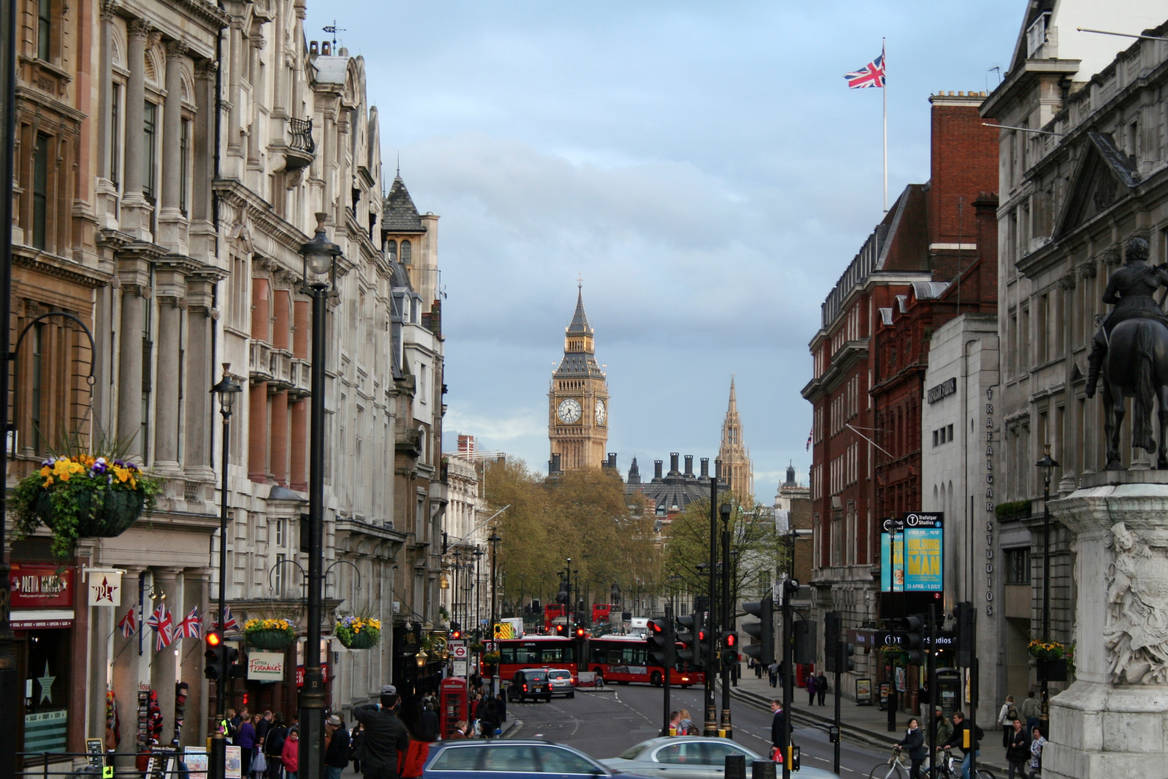Mind the Gap: Comparing Foreign Policy Attitudes of Security Elites and the General Public
Catarina P Thomson
26 February 2018Lond Read
This report offers insights into the differences and commonalities that exist between security elites and the general public, identifying what issues each group considers to be critical threats to the UK.
Key Findings
- There is some convergence between what security elites and the UK public consider to be critical threats to the vital interests of the UK, including the possibility of cyber attacks (and to a lesser extent climate change and Russian territorial ambitions).
- The public feels more threatened by issues that are considered less critical for security elites (including international terrorism, Islamic fundamentalism, and large numbers of economic migrants and refugees coming to the UK) – something to be expected as they touch on economic and social issues that are closer to the public’s immediate interests.
- A majority of the UK public and UK security elites consider that in these uncertain times, security alliances with Europe need to remain strong. Support for protecting the ‘special relationship’ with the US is lower, particularly among the public.
- A majority of the UK public and UK security elites support a strong national military, and believe the UK should keep its nuclear weapons. Support for reducing defence spending is very low across both samples.
- Both the UK public and the UK security elites support multilateralism and unilateralism and reject isolationism (elites do so significantly more than the public).
- On some (but not all) foreign policy and security issues, there are significant divisions between members of the public who voted Remain and those who voted Leave in the Brexit referendum.
Banner image: The UK’s Houses of Parliament as seen from Trafalgar Square. Courtesy of Andrey Belenko/Wikimedia

